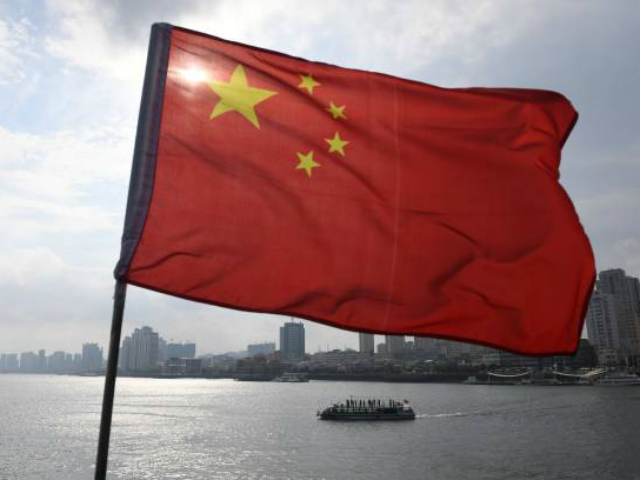Beijing and Hanoi vowed to work out their differences over China’s claim to nearly the entire South China Sea, including territory within the maritime borders of Vietnam, in a meeting of high-level officials this week.
China has already constructed artificial islands on the South China Sea capable of housing military installations, a move that drew the ire of the United States and countries in the region like Vietnam, the most vocal opponent to Beijing’s claims. However, the foreign ministers from China and Vietnam recently pledged to address the dispute peacefully, reports the Agence France-Presse (AFP) agency.
During an official visit to Hanoi, China’s Foreign Minister Wang Yi told reporters on Sunday, “Both sides should abide by the basic governing principles on resolving maritime issues. Both sides should not apply unilateral measures that would complicate the situation.”
Echoing his Chinese counterpart, Vietnamese Foreign Minister Pham Binh Minh, said, “We are ready to work with China to resolve arising issues … [both sides should] properly manage differences, not expand disputes [and] respect legitimate rights and interests of the other in accordance with international law.”
The comments from the two communist-ruled nations come soon after Vietnam signed security agreements for the South China Sea with Beijing’s rival India.
Early last month, Vietnam’s President Tran Dai Quang visited New Delhi, where he signed economic and defense pacts with India’s Prime Minister Narendra Modi.
In a joint statement, the two countries objected to China’s actions in the South China Sea without explicitly naming Beijing, saying, “Both sides support the full and effective implementation of the Declaration on the Conduct of the Parties in the South China Sea (DOC) and look forward to an early conclusion of an effective and substantive Code of Conduct in the South China Sea.”
Beijing’s South China Sea claims also impact the territorial integrity of other sovereign states in the region, namely Taiwan, Brunei, the Philippines, Malaysia, and Indonesia.
The dispute between China and those countries, which the United States considers to be allies, has strained Washington-Beijing relations.
AFP reports:
Vietnam’s tensions with Beijing in the waterway have largely played out behind closed doors. But violent protests erupted in Vietnam in 2014 after Beijing moved an oil rig into Vietnamese-claimed territory.
In the face of continued tensions with Beijing, Vietnam has publicly promoted deepening security ties with the U.S. in recent weeks.
Marking the first visit by an American aircraft carrier to Vietnam since the end of the Vietnam War, the aircraft carrier USS Carl Vinson docked in Danang early last month.
Moreover, the U.S. recently provided six patrol boats and equipment to Hanoi worth an estimated $20 million.
“Observers say China is seeking to boost its trade dominance in the region amid a perceived US retreat from Asia—especially after U.S. President Donald Trump pulled out of the massive Trans-Pacific Partnership (TPP) trade deal last year,” notes AFP.

COMMENTS
Please let us know if you're having issues with commenting.